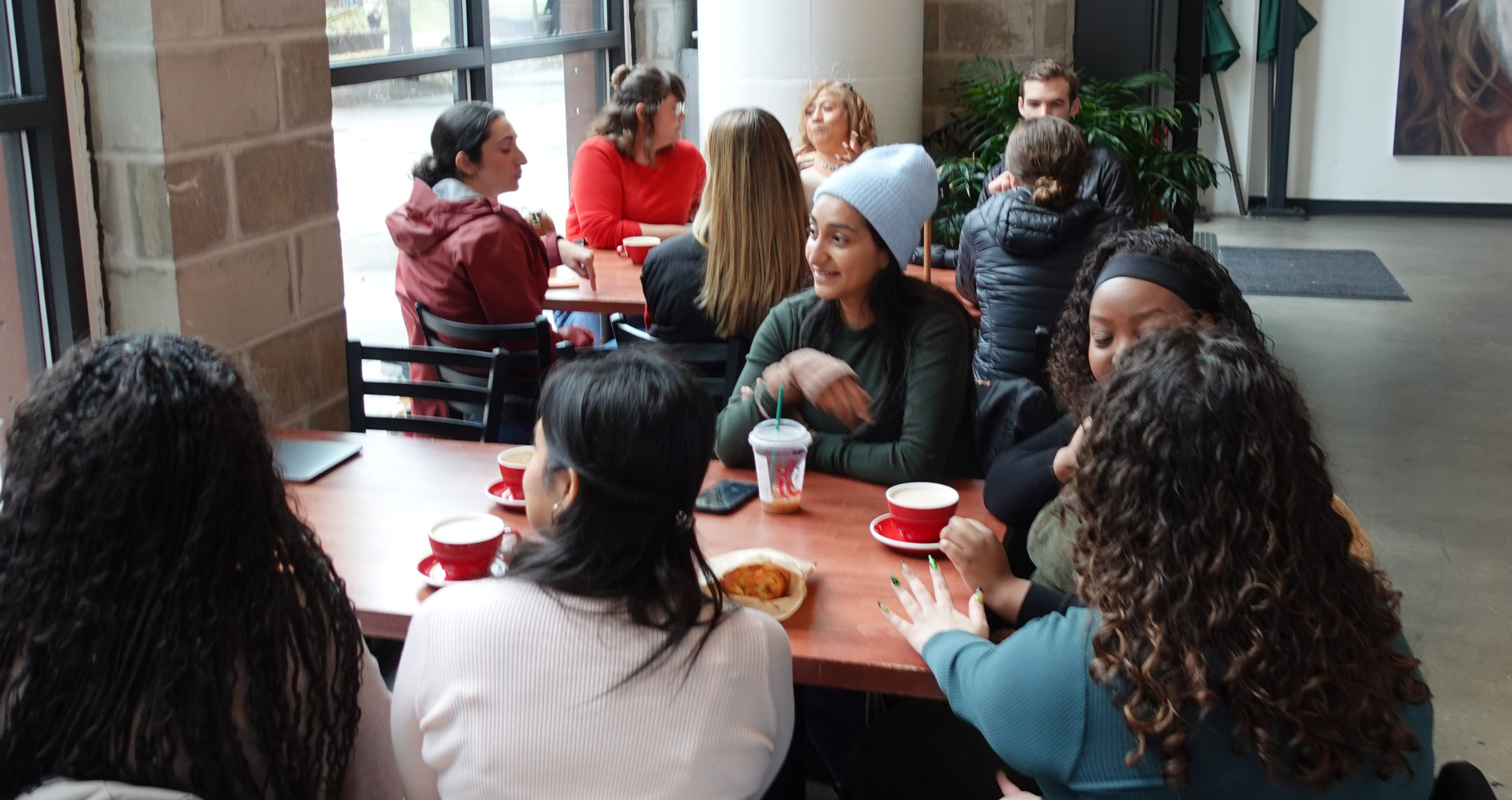Supporting Others Through Sickness
Sarah •
Sickness and chronic pain can add significant emotional and physical stressors on an individual that most likely impact their quality of life; however, these stressors often get missed during brief interactions or go unnoticed.
So, how do we C.A.R.E. for our friends and group members who are dealing with sickness and chronic pain?
C.A.R.E.S.
CRISIS – Understanding the Aspects of Sickness and Chronic Pain
Did you know that approximately 50 million Americans are suffering from sickness and chronic pain? According to the Center for Disease Control (CDC), chronic pain and illness exist in epidemic proportions here in the US.
Sickness can be temporary due to infection or disease or it can be chronic – this is known as CI: Chronic Illness.
Chronic Pain, known as CP, is ongoing physical discomfort that is severe enough to disrupt normal activities and everyday life. The most common causes of Chronic Pain may be:
- Back injuries
- Rheumatoid arthritis
- Neuropathy
- Cancer
- Multiple Sclerosis
- Fibromyalgia
- Lupus
- Gastro-intestinal disorders
- Migraine headaches
- Other autoimmune diseases and disorders
Both sickness and chronic pain are known to contribute to high levels of negative emotions and depression. Chronic pain can even have a long-lasting cognitive effect on people, causing the nervous system to deteriorate over time.
Sickness and chronic pain affect every aspect of an individual’s life, including their relationships, their work, their faith community and spiritual beliefs, and their ability to participate in normal activities.
APPLICATION – Practical Suggestions for Encouragement
LOOK – Realize your friend, family member, coworker or group member may actually not want to acknowledge their sickness or chronic pain. Other times they may need to talk about what it’s like to live with sickness and pain. Pay attention to when they seem open to conversation and when they would rather not talk about it.
ASK – Sometimes individuals going through sickness and chronic pain may need validation like, “This must be a really difficult season for you.” Don’t hesitate to ask questions like:
- What is it like to have fibromyalgia?
- What do you wish people knew about your illness?
- How can we support you?
- What is it like to have fibromyalgia?
LISTEN – Be available just to listen. They may need extra grace as they experience a variety of emotions (highs and lows), a sense of loss, and struggle with their “new normal.”
REFERENCE – What Does the Bible Say About this Season?
- Isaiah 53:3-4: God knows our pain
- James 1:2-4: Suffering produces growth and maturity
- 1 Peter 5:10: God will restore us someday if we trust in Him
- Isaiah 53:3-4: God knows our pain
ENGAGE – Next Steps For Engaging Your Group Member
OFFER a safe place by allowing them to say, think, and feel whatever they are experiencing during this time. You cannot fix the situation – in fact, most chronic pain can only be managed, not completely healed. Give them space to “just be” in your presence at group. Understand that your group members going through sickness and chronic pain are most likely asking themselves these questions:
- Why me?
- Why can’t I be healed?
- Why does God allow pain and suffering?
- Why me?
CONNECT them with other acquaintances who have had similar circumstances – their own sickness or illness in the lives of loved ones. And connect them with Hoboken Grace Care Team if they are looking for support or care.
SUGGEST they consider talking to a health professional about their sickness or pain, if they have not done so already and suggest a counselor who can provide a listening ear and coping skills for this challenging season. Also, suggest these books and resources as they deal with sickness and pain:
- Walking with God through Pain and Suffering by Timothy Keller
- Hope When it Hurts by Kristen Wetherell and Sarah Walton
- You’ll Get Through This: Hope and Help for Your Turbulent Times by Max Lucado
- Walking with God through Pain and Suffering by Timothy Keller
PRAY for them and ask God to give you opportunities to share his love and hope with your friend, family, coworker or group member going through sickness and chronic pain.
Return to Care Guides
Photo by Hush Naidoo on Unsplash






